Table of Contents[Hide][Show]
- Nutrivore Score for Nori – 3910
- Nori Nutrition Facts
- Seaweed Nutrition Varies With Variety
Health Benefits of Nori Nutrients+−
- Nori Provides 669% DV Vitamin B12
- Nori Provides 141% DV Iodine
- Nori Provides 720.8 mg of Polyphenols
- Nori Provides 35% DV Vitamin C
- Nori Provides 34% DV Manganese
- Nori Provides 29% DV Vitamin B7 (Biotin)
- Nori Provides 29% DV Vitamin B9 (Folate)
- Nori Provides 2496.8 μg of Carotenoids
- Nori Provides 27% DV Vitamin B2 (Riboflavin)
- Nori Provides 26% DV EPA+DHA
- Nori Provides 23% DV Copper
- Nori Provides 23% DV Vitamin A
- How Much Nori Should We Eat Per Day?
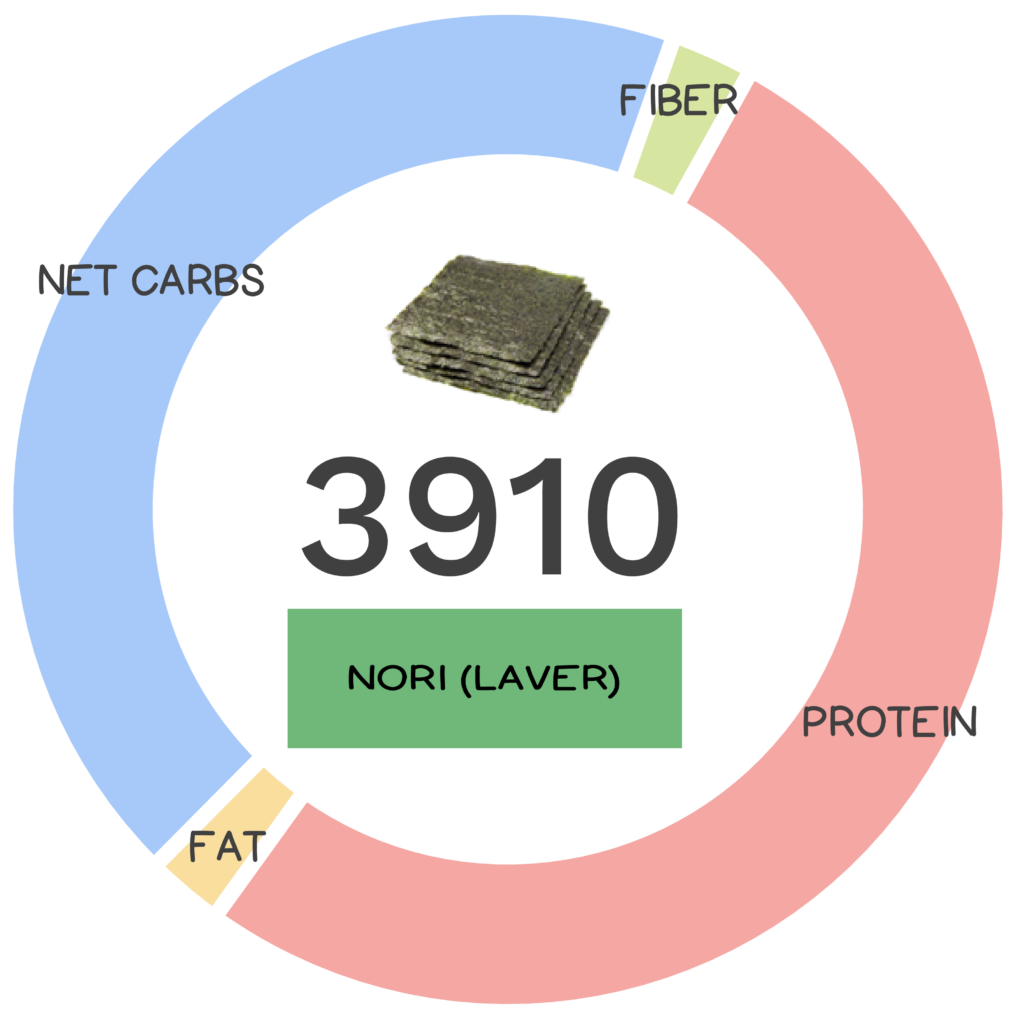
Nori (also known as laver) is the name of a dried a seaweed product that is used in Japanese cuisines and is especially popular to wrap rolls of sushi or onigiri.
While nori is a household name across the world, the first mainstream western exposure to this ingredient was the 1960’s and 1970’s thanks to the popularization of sushi and Japanese cuisine across North America. Nori is now widely available at all grocery stores and is easily imported thanks to it’s dry (and light!) state. Nori was actually consumed as a paste until the 1750’s at which point the art of Japanese papermaking inspired the development of transforming nori into dried sheets.
Not only are sea vegetables incredibly tasty, they’re also one of the most unique and nutritious foods on the planet and have been consumed for thousands of years!
Sea vegetables consist of edible plants and algae that grow in or near the ocean. Not only are these foods incredibly tasty, they’re also one of the most unique and nutritious foods on the planet! They’ve been consumed for thousands of years in coastal areas like China, Korea, and Japan (where seaweed residue has been found in clay pots dating back to 3000 BC!). In fact, in one of Japan’s earliest legal codes (the Taiho Code of in the 8th century AD), they were even legislated to be an acceptable form of tax payment! Sea vegetables include items like sea beans and sea purslane (types of flowering succulents) and the more familiar edible seaweeds – all of which have different nutritional profiles (read – try them all!) Most of us are familiar with nori that wraps sushi rolls, which is a type of red algae (also dulse and Irish moss) but there are also green algae (e.g., sea lettuce) and brown algae which includes different types of kelp.
Nori is grown in large sea farms off the coast of China and Japan. Japan dedicates an estimated 600 square kilometers to the production of nori, resulting in a more than $1 billion dollar valuation. China’s market for nori is about one third of the size of Japan’s.
Seaweed farms are developed using very advanced agricultural techniques, which have been well refined and are therefore extremely efficient and well understood. The red algae plants are grown attached to fishing nets suspended in the water. The seaweed plants grow very fast (about 45 days until maturation), and multiple harvests can be taken from a single seedling. Mechanical equipment is used to harvest the seaweed from the nets and the seaweed is then processed and dried by highly automated machines, making the entire process accurate, consistent and efficient. Nori sheets are sold with a desiccant product inside the packaging to help prevent the sheets from absorbing any moisture throughout transit.
A large variety of nori snacks can be found in the Asian food aisle of all popular grocery stores.
Nori is very popular as a garnish, or flavoring in other dishes, however as mentioned before, its most popular “roll” (get it…?) is its use for wrapping sushi and onigiri dishes. There are commercially available snacks of flavored and toasted nori sheets available in many Asian food grocery aisles and it can also be seen in paste form usually flavored with soy sauce or another umami-based ingredient.
Nutrivore Score for Nori – 3910
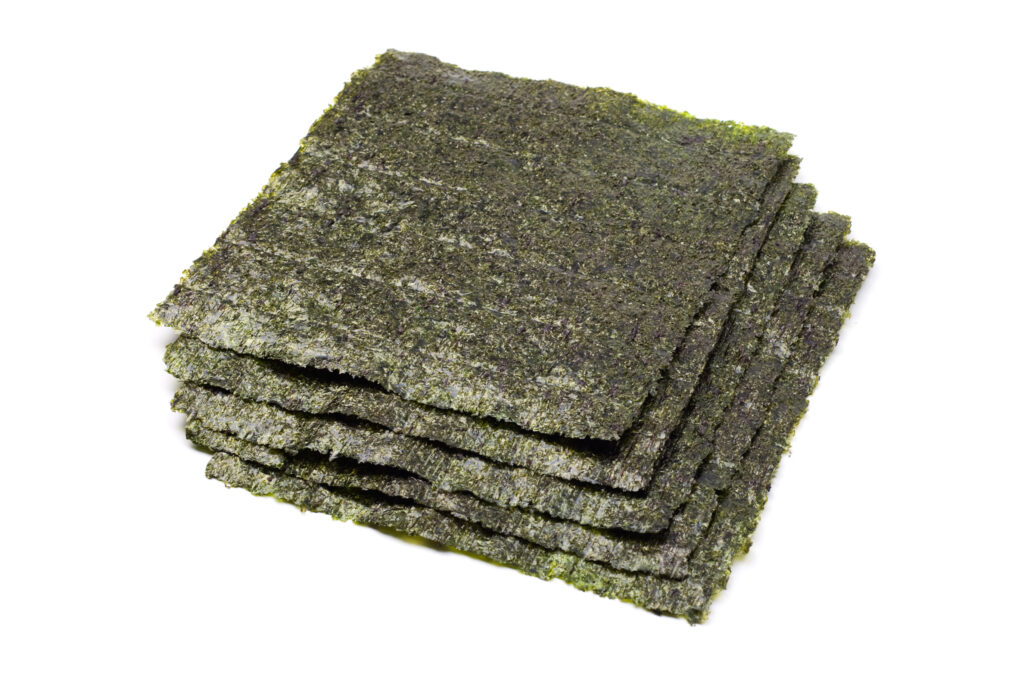
Nori has a Nutrivore Score of 3910, making it a super nutrient-dense food! Plus, it is a low-carb and low-calorie-density food; the calorie count of nori is just 28 calories per cup!
Per serving, nori is a best source (>50% daily value) of iodine, polyphenols, and vitamin B12; and an excellent source (20-50% daily value) of carotenoids, copper, EPA + DHA, manganese, vitamin A, vitamin B2 (riboflavin), vitamin B7 (biotin), vitamin B9 (folate), and vitamin C.
Ditch Diets. Embrace Nutrients. Start with this FREE Guide.
Sign up for the free Nutrivore Newsletter, your weekly, science-backed guide to improving health through nutrient-rich foods — without dieting harder —and get the Beginner’s Guide to Nutrivore delivered straight to your inbox!

Nori Nutrition Facts
One serving of nori is standardized to 1 cup or about 80 grams (2.8 ounces).
Nori Nutrition Facts Per Serving
| Nori, raw | Nutrivore Score: 3910 | Nutrient Density: Super! |
|---|---|---|
| Serving Size: 1 cup (80 grams) | Protein: 4.6 grams | Net Carbohydrates: 3.8 grams |
| Calories: 28 | Total Fat: 0.2 grams | Dietary Fiber: 0.2 grams |
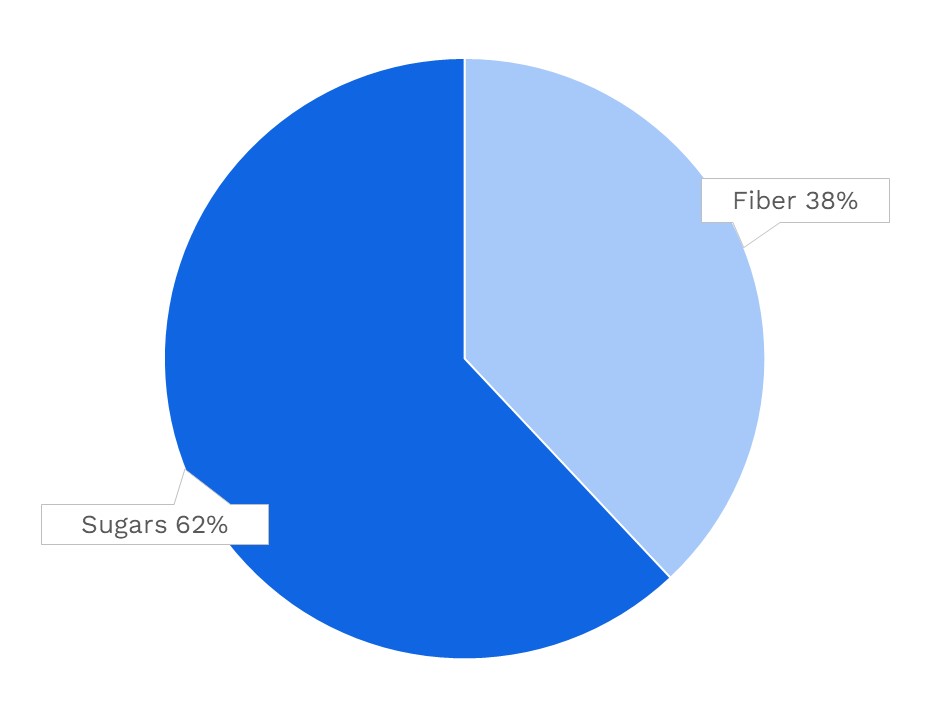
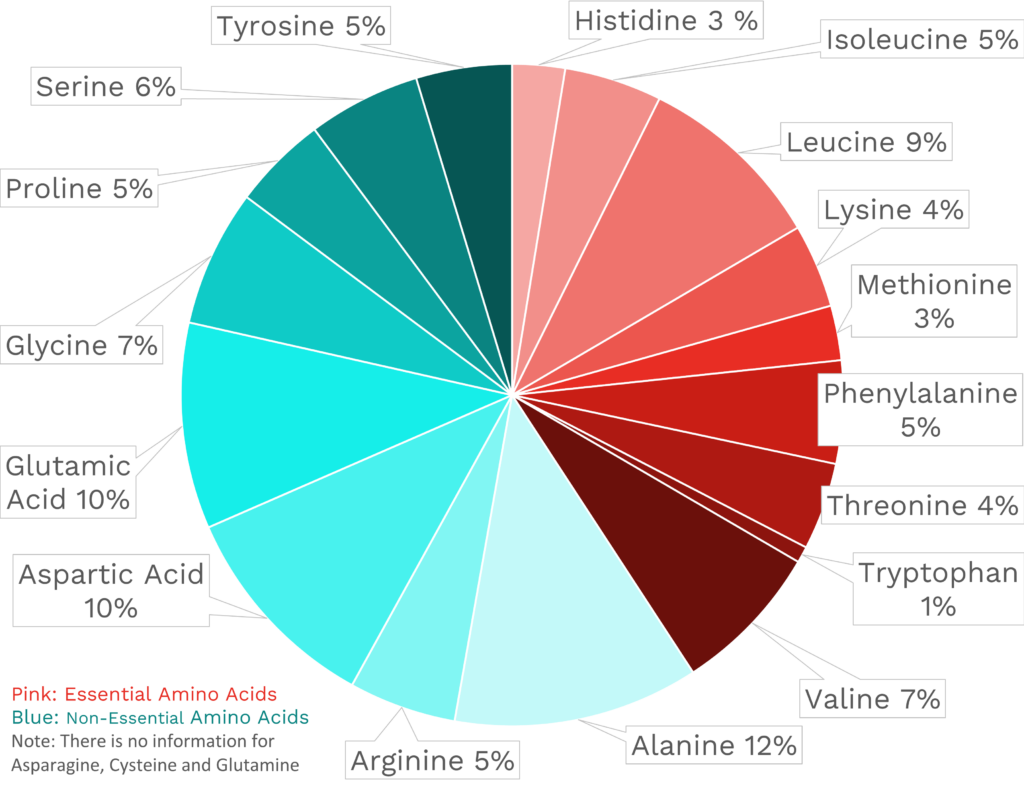
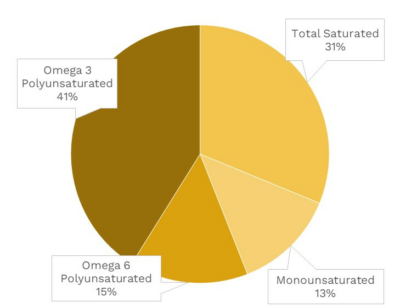
| VITAMINS | ||
|---|---|---|
| Vitamin A | 208.0 μg RAE | 23% DV |
| Vitamin B1 (Thiamin) | 78.4 μg | 7% DV |
| Vitamin B2 (Riboflavin) | 356.8 μg | 27% DV |
| Vitamin B3 (Niacin) | 1.2 mg | 7% DV |
| Vitamin B5 (Pantothenic Acid) | 0.4 mg | 8% DV |
| Vitamin B6 (Pyridoxine) | 127.2 μg | 7% DV |
| Vitamin B7 (Biotin) | 8.8 μg | 29% DV |
| Vitamin B9 (Folate) | 116.8 μg | 29% DV |
| Vitamin B12 (Cobalamin) | 16.1 μg | 669% DV |
| Vitamin C | 31.2 mg | 35% DV |
| Vitamin D (D2 + D3) | 0.0 μg | 0% DV |
| Vitamin E | 0.8 mg | 5% DV |
| Vitamin K | 3.2 μg | 3% DV |
| Choline | 8.3 mg | 2% DV |
| Myo-Inositol | ~ | ~ |
| CoQ10 | ~ | ~ |
| FUNCTIONAL FATS | ||
|---|---|---|
| MUFA | 0.0 g | 0% DV |
| ALA | 0.8 mg | 0% DV |
| EPA + DHA | 64.0 mg | 26% DV |
| CLA | ~ | ~ |
| Linoleic Acid | 0.0 g | 0% DV |
| MCT’s | 0.0 g | ~ |
| MINERALS | ||
|---|---|---|
| Calcium | 56.0 mg | 4% DV |
| Copper | 211.2 μg | 23% DV |
| Iodine | 211.5 μg | 141% DV |
| Iron | 1.4 mg | 8% DV |
| Magnesium | 1.6 mg | 0% DV |
| Manganese | 790.4 μg | 34% DV |
| Phosphorus | 46.4 mg | 4% DV |
| Potassium | 284.8 mg | 6% DV |
| Selenium | 0.6 μg | 1% DV |
| Sodium | 38.4 mg | 2% DV |
| Zinc | 0.8 mg | 8% DV |
| PHYTONUTRIENTS | ||
|---|---|---|
| Carotenoids | 2496.8 μg | ~ |
| Polyphenols | 720.8 mg | ~ |
| Phytosterols | ~ | ~ |
| Glucosinolates | ~ | ~ |
| Thiosulfinates | ~ | ~ |
| Betalains | ~ | ~ |
| AMINO ACIDS & PEPTIDES | ||
|---|---|---|
| Taurine | ~ | ~ |
| Ergothioneine | ~ | ~ |
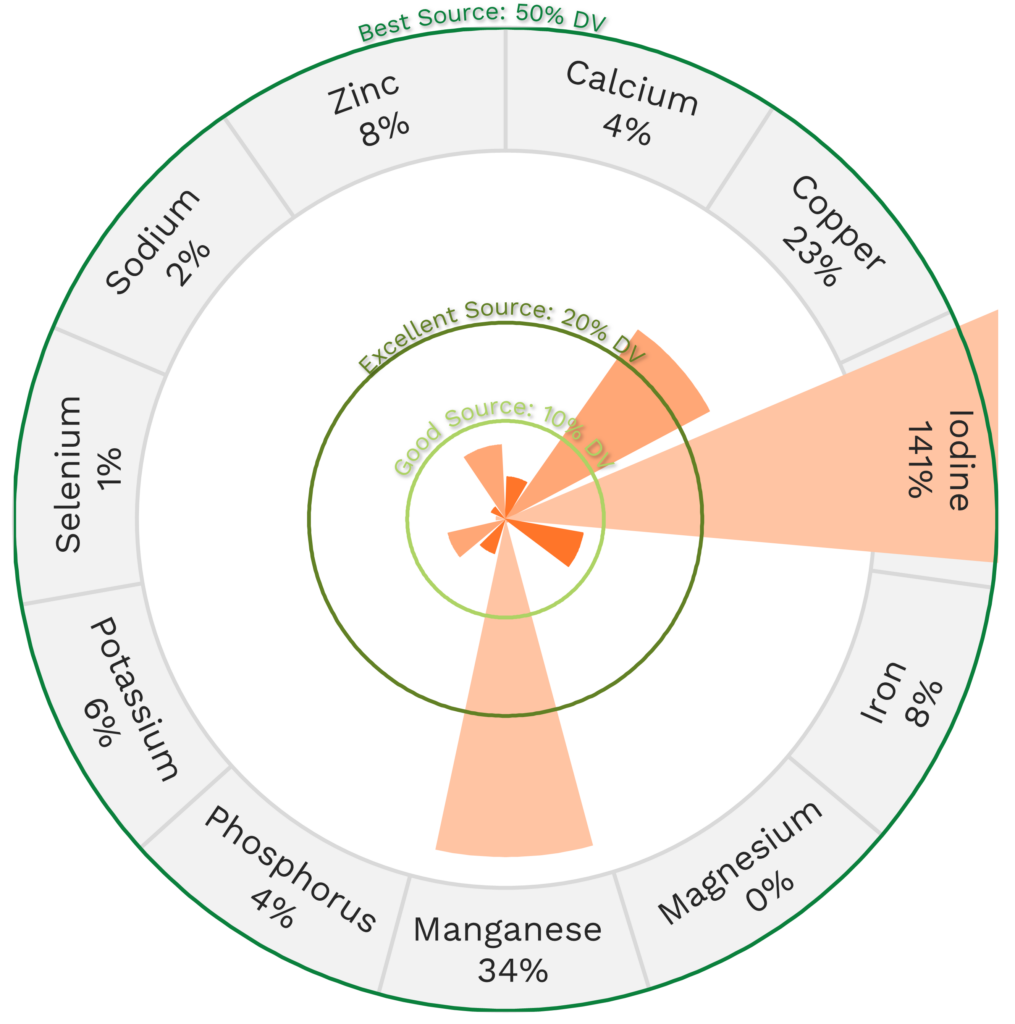
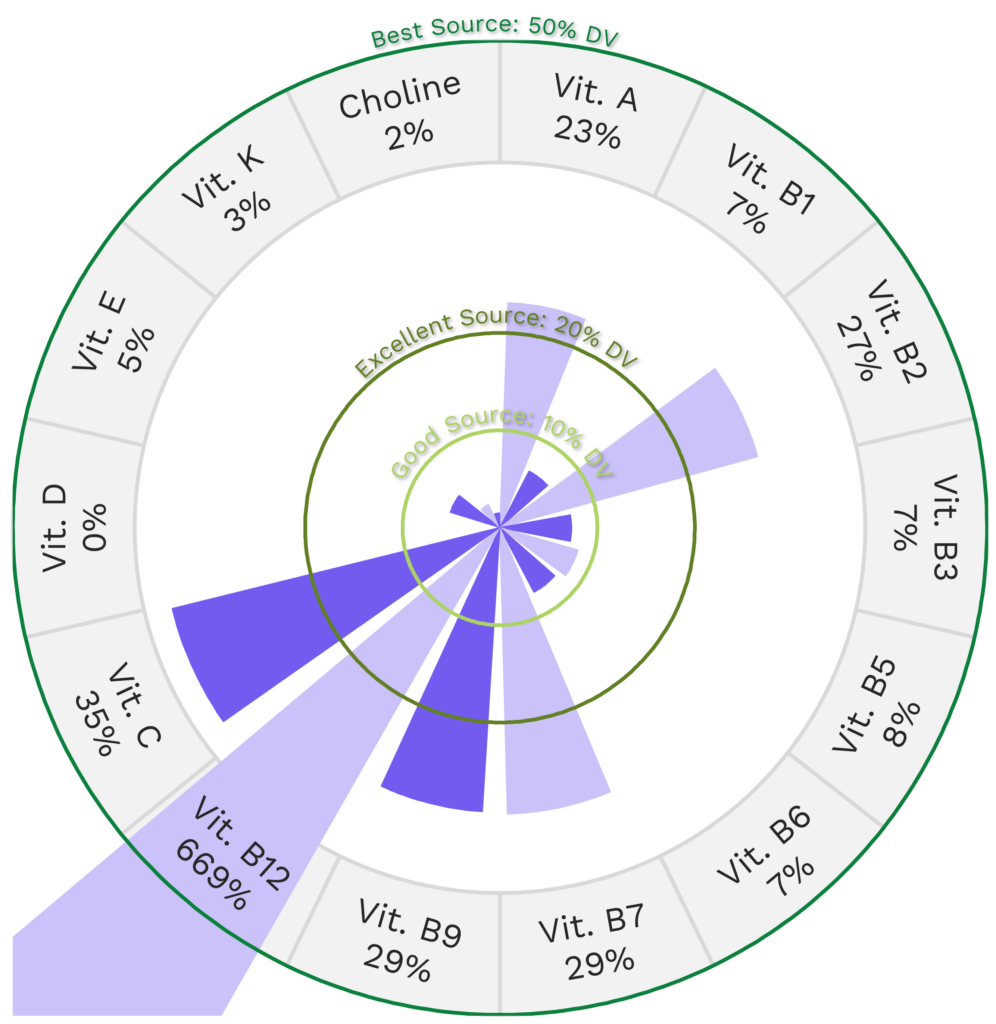
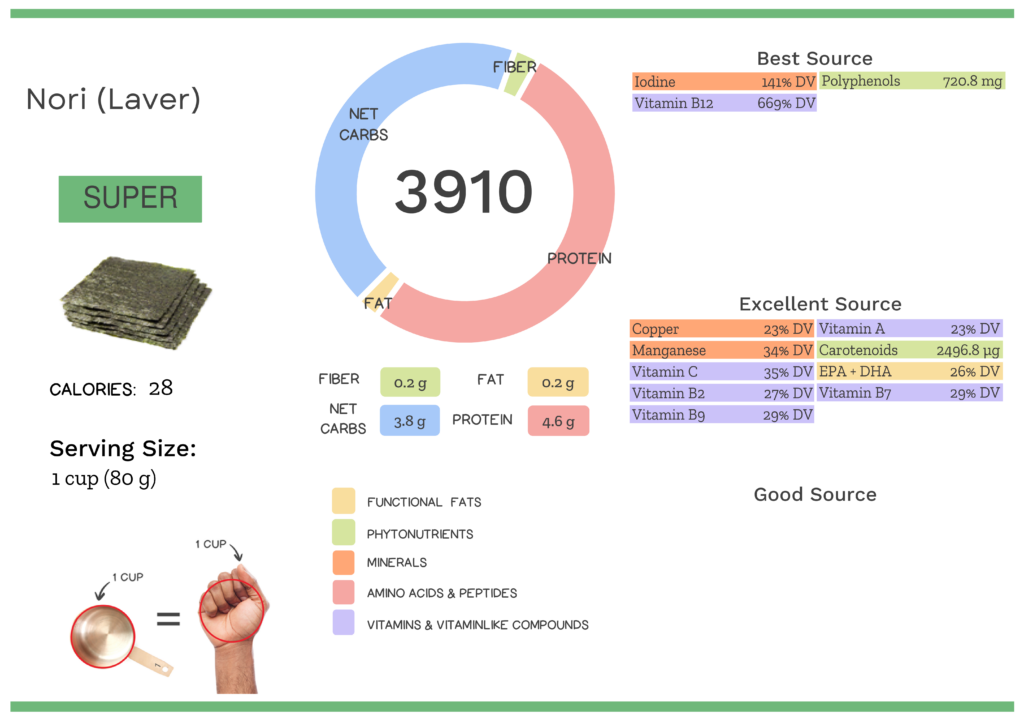
Seaweed Nutrition Varies With Variety
There are many types of edible seaweed, each with their own unique flavor and nutrient profile, which means their Nutrivore Scores vary too. To maximize all the benefits sea vegetables have to offer, try incorporating different types of seaweed into your diet, enjoying these gifts from the sea in whichever way your taste buds prefer!
| NUTRIVORE SCORE | |
|---|---|
| Agar, raw | 456 |
| Irishmoss, raw | 602 |
| Kelp, raw | 700 |
| Nori (laver), raw | 3910 |
| Wakame, raw | 841 |
Impressed to “sea” all the nutrition in nori? Maybe your friends will be interested too!
Health Benefits of Nori Nutrients
Let’s take a closer look at all of the best and excellent source of nutrients found in a 1-cup serving of nori and see how they benefit our health.
Nori Provides 669% DV Vitamin B12
Nori is surprisingly a best source of vitamin B12, providing a whopping 669% of the daily value per 1-cup serving!
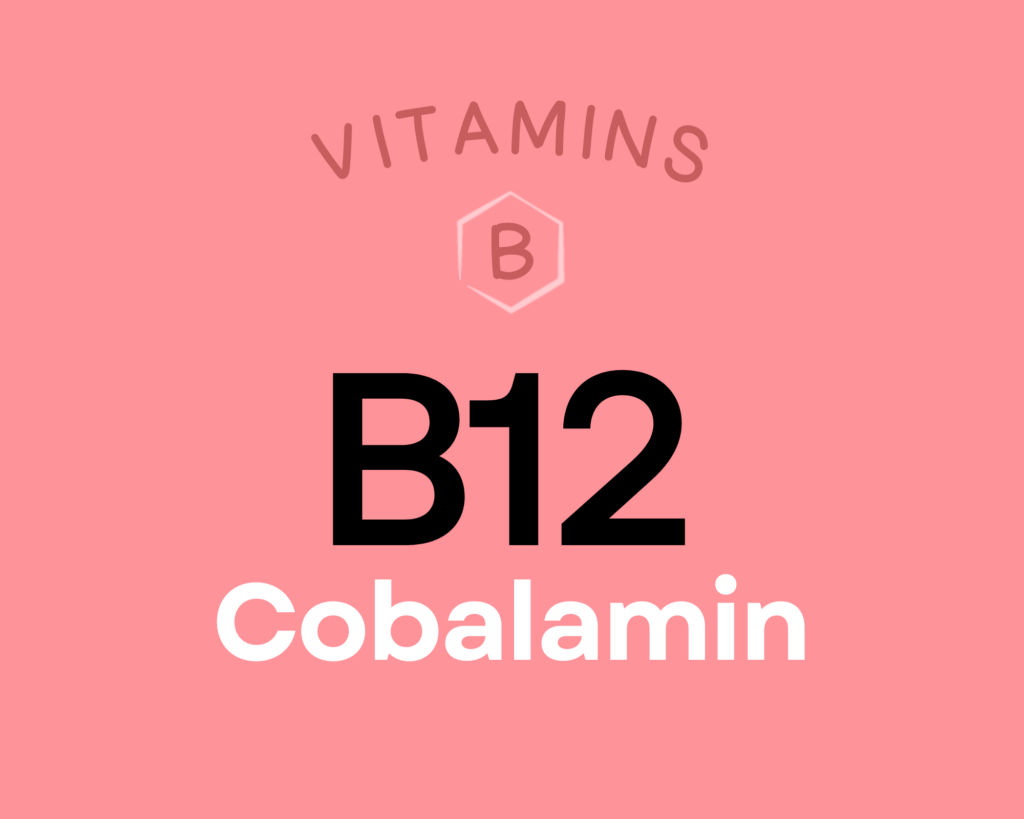
Vitamin B12 (cobalamin) is a water-soluble vitamin that serves as a cofactor for enzymes involved in energy metabolism, red blood cell production, DNA synthesis, neurotransmitter production, nervous system health, and folate metabolism. As a result of these roles, vitamin B12 is vital for maintaining brain and nervous system health, and may have a protective effect against dementia, Alzheimer’s disease, and depression. There’s also some evidence vitamin B12 may be cancer-protective, possibly through supporting folate metabolism (which then assists in repairing DNA damage). Learn more about vitamin B12 here.
Nori Provides 141% DV Iodine
Nori is a best source of iodine, providing 141% of the daily value per 1-cup serving!
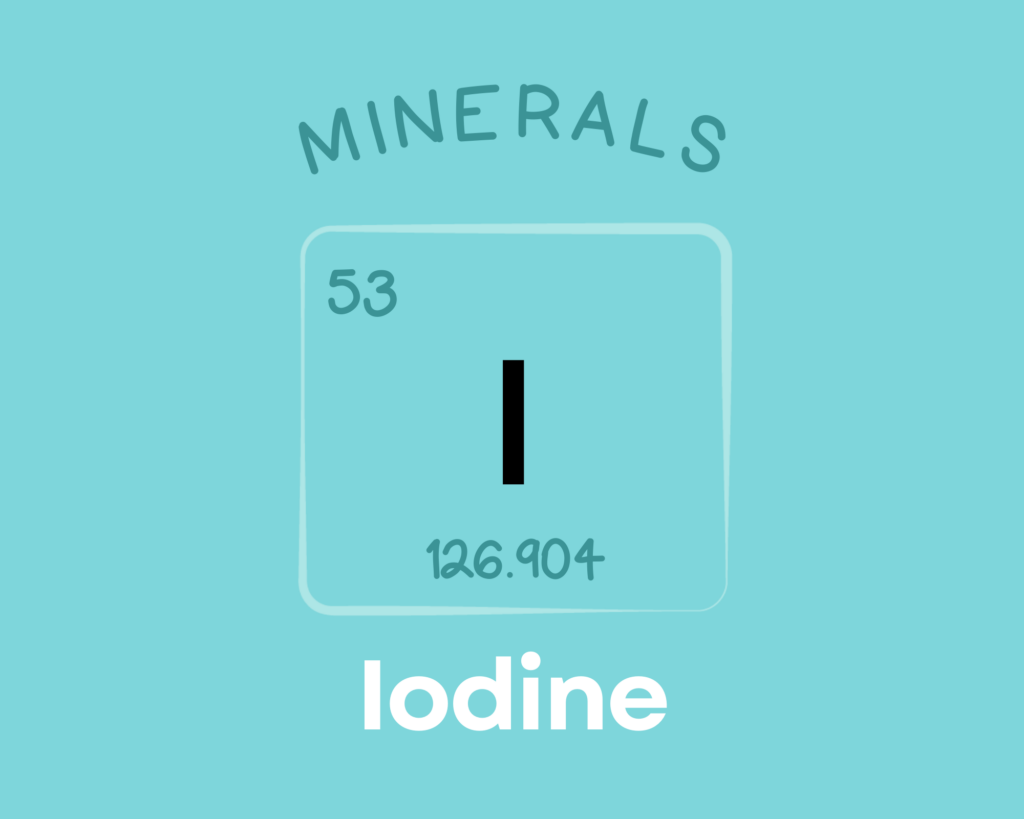
Iodine is a trace mineral that serves as a structural component of thyroid hormones, giving it a major role in thyroid health and function. As a result, it’s involved in regulating metabolism, reproductive function, fatty acid release, carbohydrate absorption, growth, and development. Consuming adequate amounts is particularly important during pregnancy (for preventing complications like preeclampsia, preterm delivery, miscarriage, and stillbirth) and during childhood (where it supports central nervous system development). Untreated iodine deficiency can lead to goiter and hypothyroidism. Learn more about iodine here.
Nori Provides 720.8 mg of Polyphenols
Nori is also a best source of polyphenols, providing 720.8 mg of polyphenols per 1-cup serving!
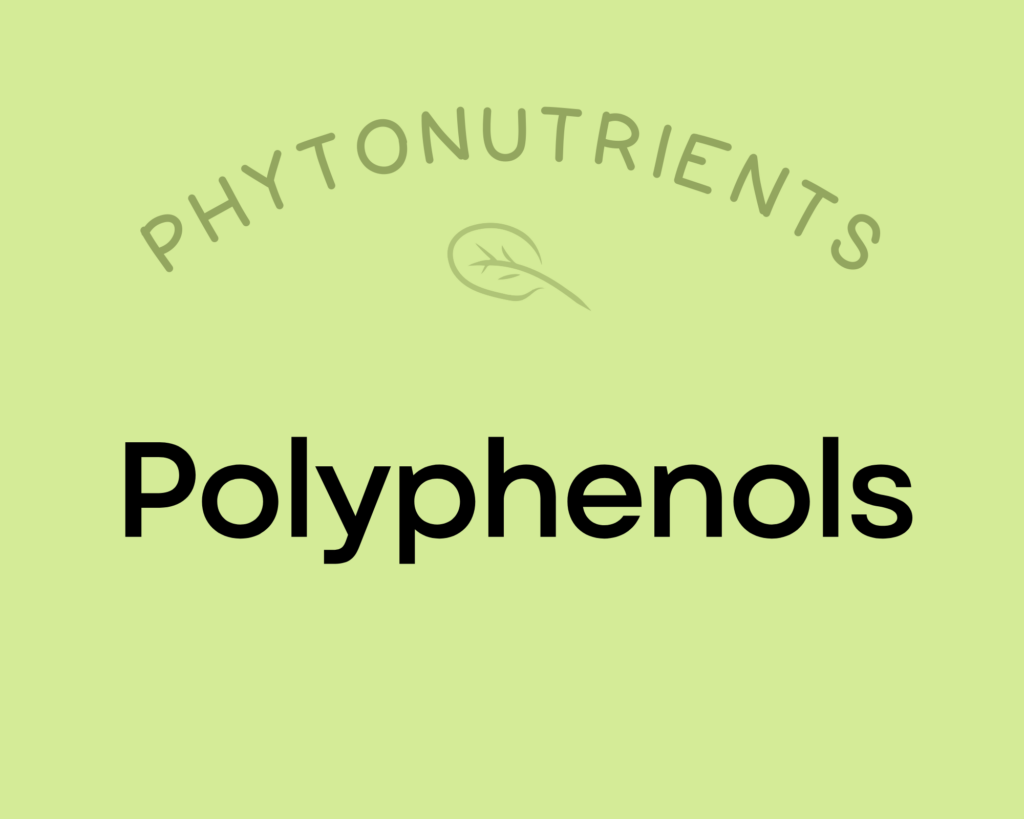
Polyphenols play a huge role in protecting against cancer, heart disease, diabetes, asthma, osteoporosis, neurodegenerative diseases, and other conditions associated with oxidative stress. In fact, a major reason foods like red wine and olive oil (as well as diets rich in both, such as the Mediterranean diet) show up as so beneficial may be due to their high polyphenol content! Along with chronic diseases, supplementing with polyphenols has been shown to protect against infections and reduce the signs of aging. Polyphenols exert their most potent effects by acting as antioxidants—preventing cellular damage by neutralizing hazardous oxygen radicals and improving cellular health as a result (which, in turn, benefits virtually every system in the body). As a result of their antioxidant properties, polyphenols also boost the immune system and protect against both chronic and acute diseases. In addition, polyphenols can help regulate enzyme function, stimulate cell receptors, modulate the functions of inflammatory cells (including T and B lymphocytes, macrophages, platelets, and natural killer cells), alter adhesion molecule expression, affect nerve cells and cardiac muscle cells, and exert antiviral effects. Learn more about polyphenols here.
Nori Provides 35% DV Vitamin C
Nori is an excellent source of vitamin C, providing 35% of the daily value per 1-cup serving!
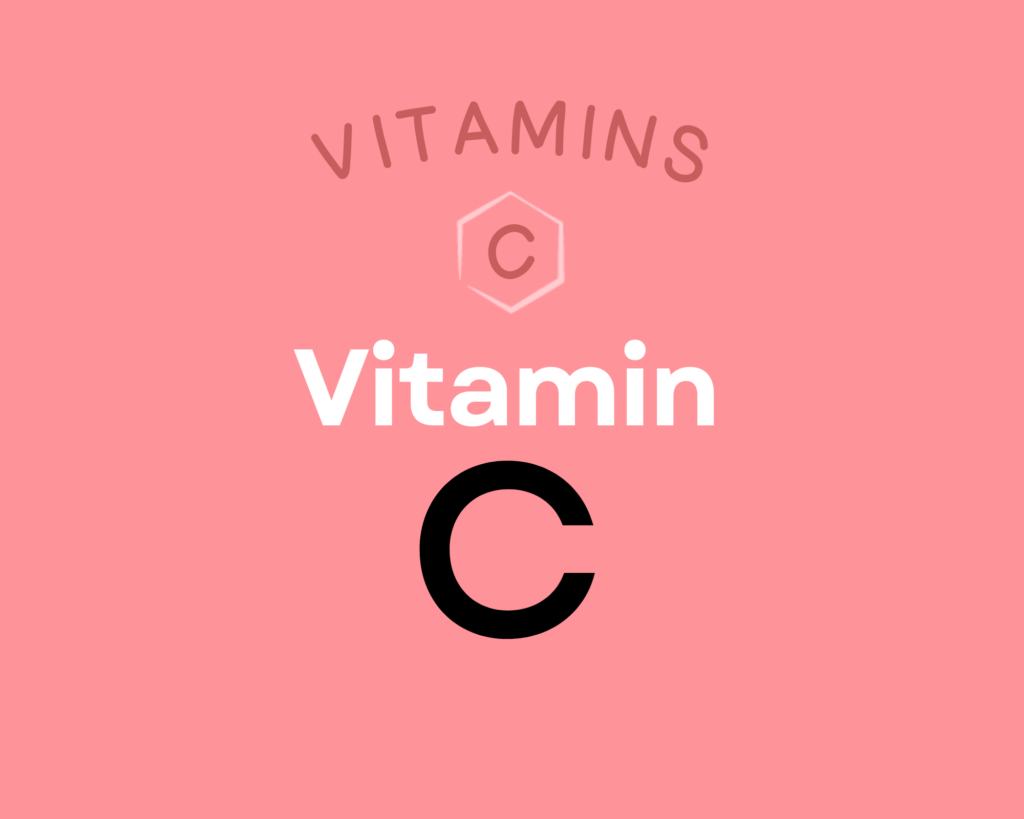
Vitamin C is a water-soluble vitamin that has powerful antioxidant properties (meaning it can help combat oxidative damage from free radicals and reactive oxygen species) and that serves as an enzyme cofactor (meaning it’s needed for enzymes to do their job, for example vitamin C is necessary for collagen synthesis, which is essential for bones, joints, teeth, blood vessels, skin and eyes) and playing important roles in immune system and skin health. Higher intakes of vitamin C are linked to reduced risk of heart disease, some forms of cancer, type 2 diabetes, cataracts, age-related macular degeneration, and gout. Vitamin C can also help regulate the stress response and reduce anxiety, and there’s preliminary evidence that it may also help prevent Alzheimer’s disease. Learn more about vitamin C here.
Nori Provides 34% DV Manganese
Nori is also an excellent source of manganese, providing 34% of the daily value per 1-cup serving!
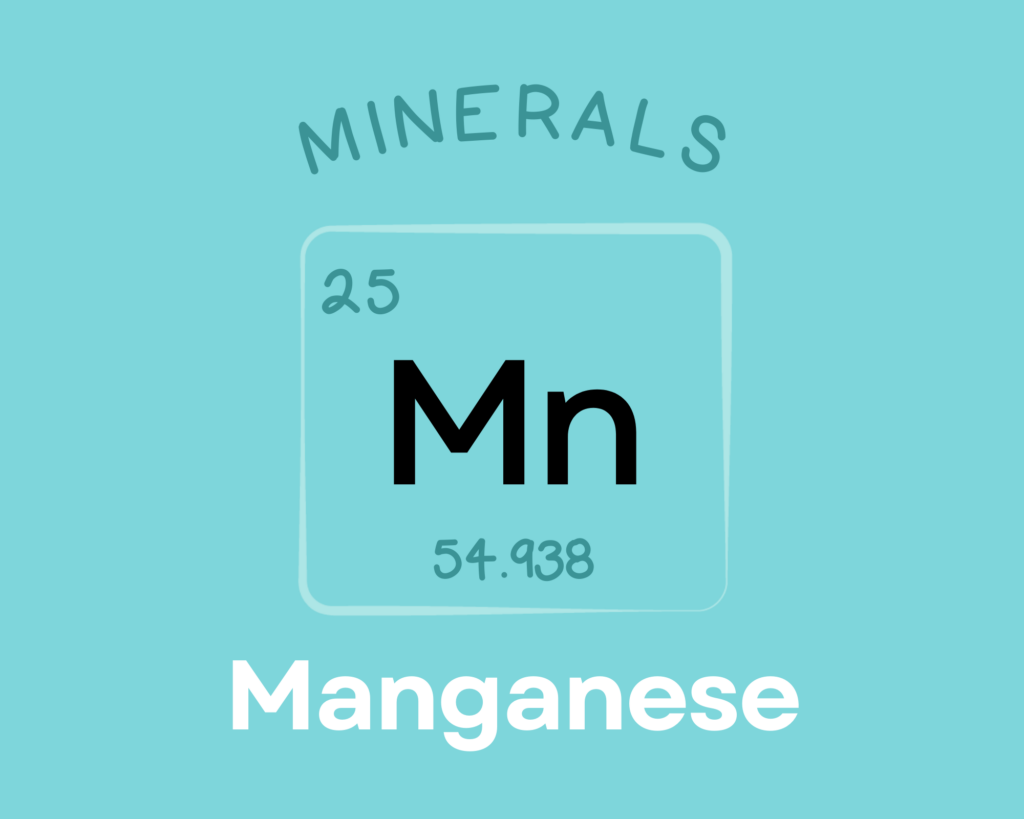
Manganese is an essential mineral that serves as a cofactor and component of numerous enzymes. Through these roles, it’s involved in carbohydrate metabolism, amino acid synthesis, gluconeogenesis, detoxification, lipid processing, free radical defense, bone and collagen formation, and wound healing. Although the research so far is limited, some evidence suggests that manganese can protect against osteoporosis and diabetes, and may even be involved in seizure disorders. Learn more about manganese here.
Nori Provides 29% DV Vitamin B7 (Biotin)
Nori is an excellent source of vitamin B7 (biotin), providing 29% of the daily value per 1-cup serving!
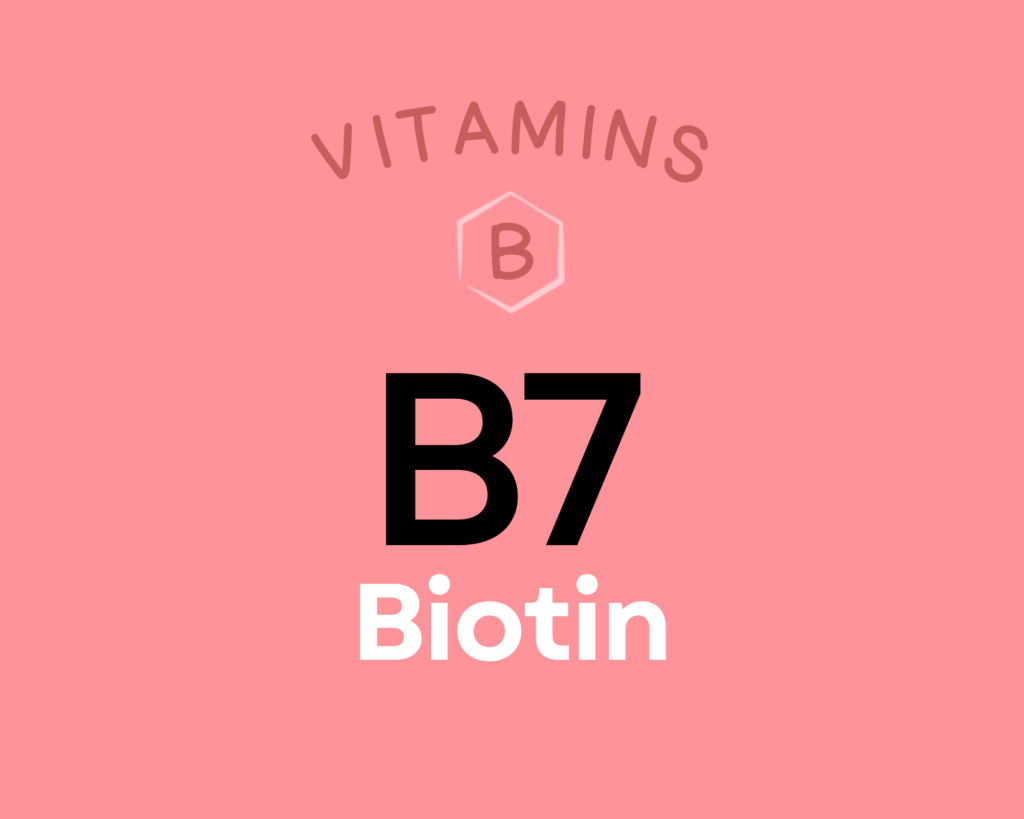
Biotin is a water-soluble B vitamin, also known as vitamin B7. Like other B vitamins, it plays an important role in energy metabolism (serving as a coenzyme for five carboxylase enzymes), neurotransmitter production, cellular function, and the function of various organs. Getting enough biotin can help support healthy nail and hair growth. It’s also particularly important during pregnancy, with low intakes increasing the risk of premature delivery and birth defects. There’s even some evidence biotin can benefit diabetics and reduce functional disabilities in people with multiple sclerosis. Learn more about biotin here.
Nori Provides 29% DV Vitamin B9 (Folate)
Nori is also an excellent source of vitamin B9 (folate), providing 29% of the daily value per 1-cup serving!
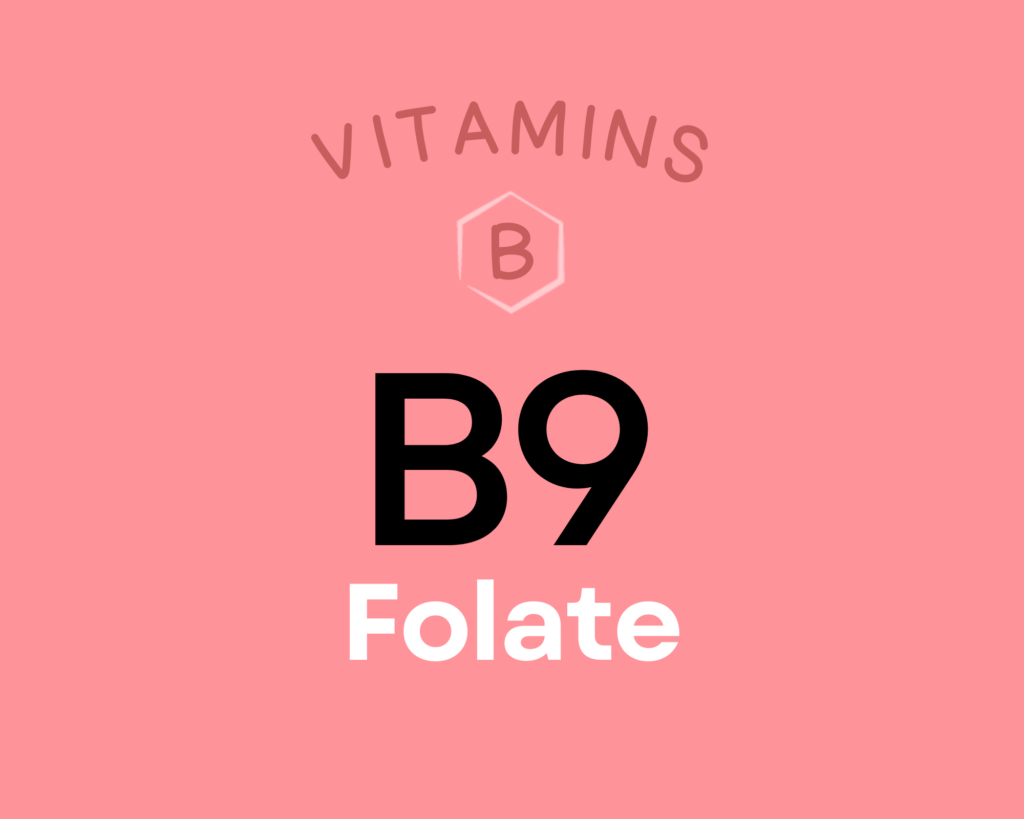
Vitamin B9 (folate) is an essential B vitamin that plays roles in blood cell production, the formation of genetic material (including DNA), and cell growth and function. It’s particularly important during pregnancy, when folate demands increase due to the rapid creation of new cells and DNA. Along with helping protect against fetal development problems, folate can support cardiovascular health, potentially protect against certain cancers, and reduce the risk of cognitive and neurological disorders later in life. Learn more about vitamin B9 here.
Nori Provides 2496.8 μg of Carotenoids
Nori is an excellent source of carotenoids, providing 2496.8 μg of carotenoids per 1-cup serving!
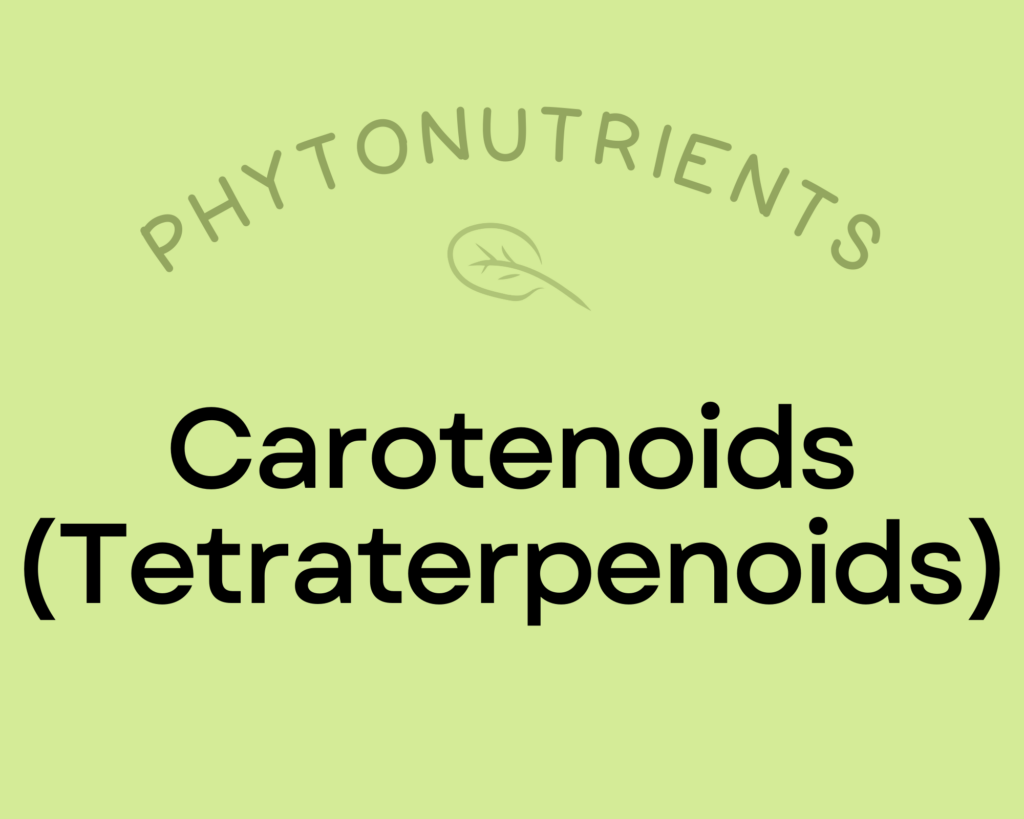
Carotenoids are a diverse group of phytonutrients that are responsible for giving fruits and vegetables vibrant red, orange, and yellow pigmentation. They were one of the earliest phytonutrients ever investigated by scientists (with research dating back to the 1800s!). Across studies, eating foods high in carotenoids appears to reduce the risk of head and neck cancers, supports vision health (particularly age-related eye diseases), may protect against metabolic syndrome and diabetes, and can reduce inflammation. Carotenoids have strong antioxidant properties, and help facilitate communication between cells by promoting the synthesis of connexin proteins, which create gap junctions in cell membranes that allow small molecules to be exchanged (which is part of how cells “talk” to each other!). Consuming carotenoids with fat significantly increases their absorption. Learn more about carotenoids here.
Nori Provides 27% DV Vitamin B2 (Riboflavin)
Nori is also an excellent source of vitamin B2 (riboflavin), providing 27% of the daily value per 1-cup serving!
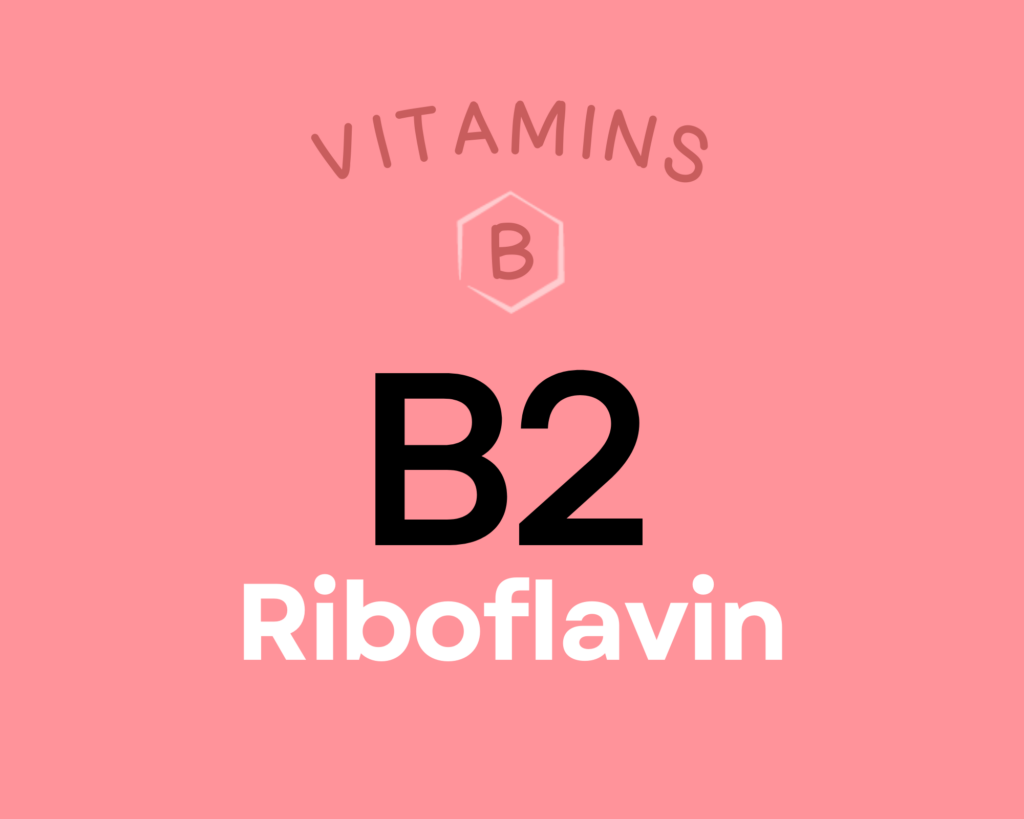
Riboflavin (or vitamin B2) is a vitamin that helps form two important coenzymes involved in oxidation-reduction reactions: flavin mononucleotide (FMN), and flavin adenine dinucleotide (FAD). Collectively, these coenzymes are involved in antibody production, energy production, growth and development, skin and hair health, and the metabolism of several other nutrients (vitamin B6, niacin, folate, and iron). Research suggests a role for riboflavin in preventing or treating migraine headaches, cardiovascular disease, cataracts, and preeclampsia during pregnancy. It also possesses some anti-cancer properties due to its involvement in folate metabolism and MTHFR activity. Learn more about vitamin B2 here.
Nori Provides 26% DV EPA+DHA
Nori is an excellent source of EPA+DHA, providing 26% of the daily value per 1-cup serving!
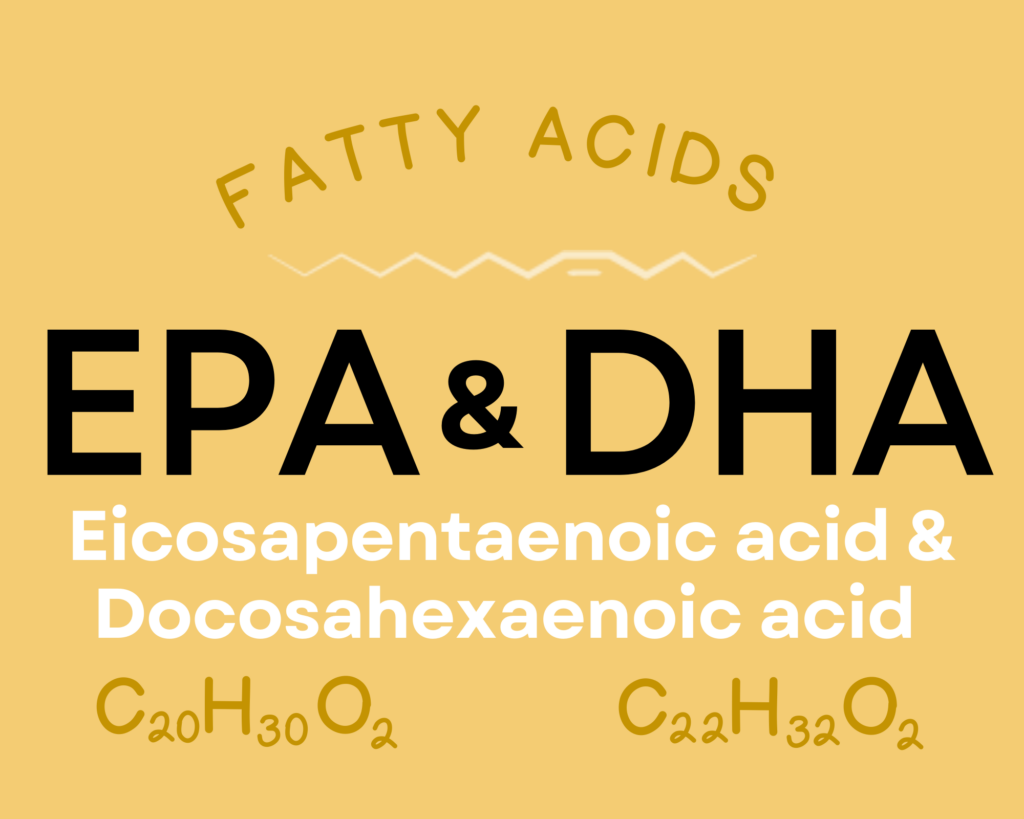
Eicosapentaenoic acid (EPA) and docosahexaenoic acid (DHA) are long-chain omega-3 fats that play important roles in neurological health, immune function, eye health and vision, inflammation, pain signaling, gut health, fetal development, and some aspects of cardiovascular health (like triglyceride levels and blood clotting). They exert many of their effects by helping form chemical messengers called prostaglandins, thromboxanes, and leukotrienes. EPA and DHA also serve as a structural component of the cell membrane, influencing important properties such as membrane fluidity and permeability. Small amounts of them can be synthesized from a shorter-chain omega-3 fat, alpha-linolenic acid (ALA). Learn more about EPA and DHA here.
Nori Provides 23% DV Copper
Nori is also an excellent source of copper, providing 23% of the daily value per 1-cup serving!
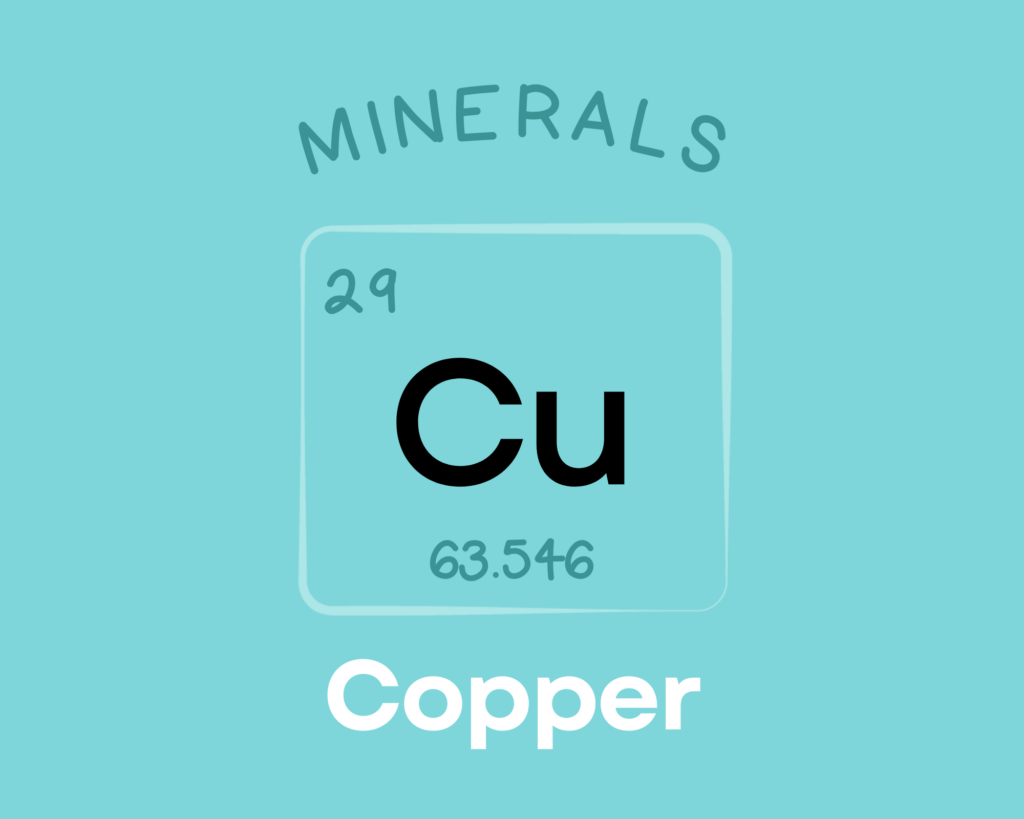
Copper is a trace mineral that’s essential for all living organisms. Copper serves as a component of numerous enzymes and proteins in the body, giving it diverse roles in the growth, development, and maintenance of various organs (including the heart and brain), bone, and connective tissue. Copper is also involved in glucose and cholesterol metabolism, helps regulate gene expression, can scavenge free radicals, and is needed for the production of red blood cells. Learn more about copper here.
Nori Provides 23% DV Vitamin A
Nori is an excellent source of vitamin A, providing 23% of the daily value per 1-cup serving!
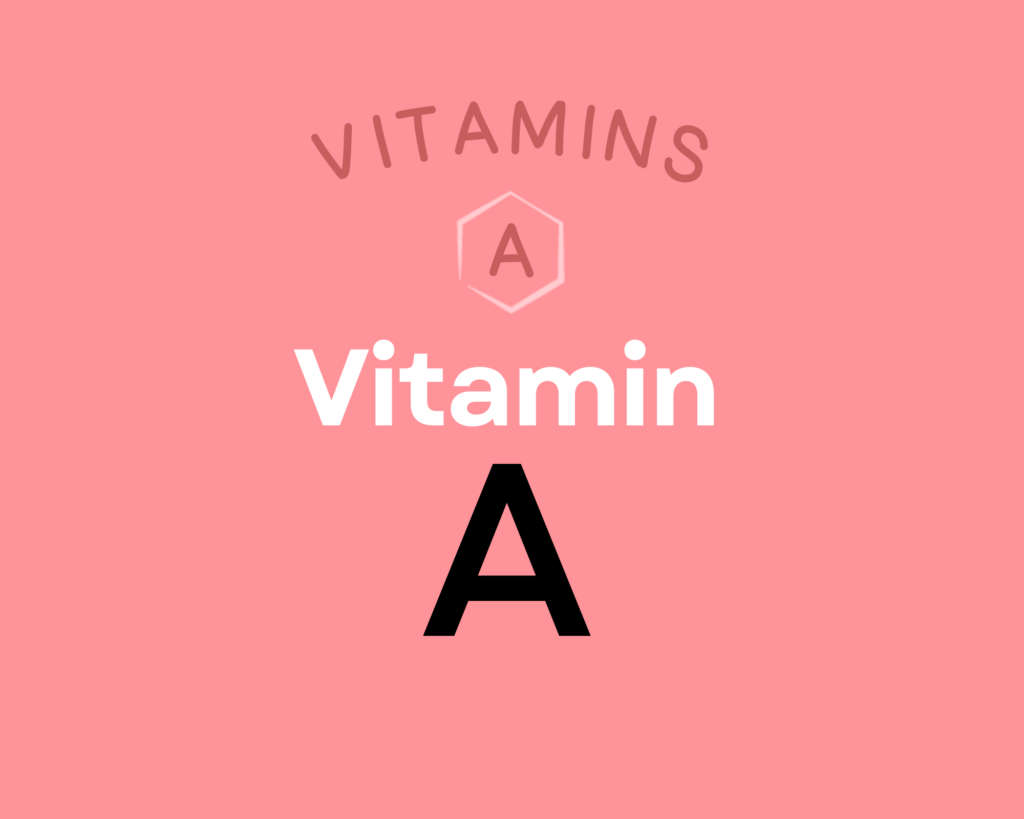
Vitamin A is actually a group of fat-soluble retinoids with vitamin A activity in the body. This nutrient is essential for a number of physiological functions—particularly vision, reproduction, thyroid health, immunity, and cellular communication. Getting enough vitamin A helps protect against some vision disorders (like night blindness and macular degeneration), supports a healthy menstrual cycle and sperm production, reduces infection risk, and allows for proper growth and development from the fetal years through childhood. Learn more about vitamin A here.
Want to know the top 500 most nutrient-dense foods?
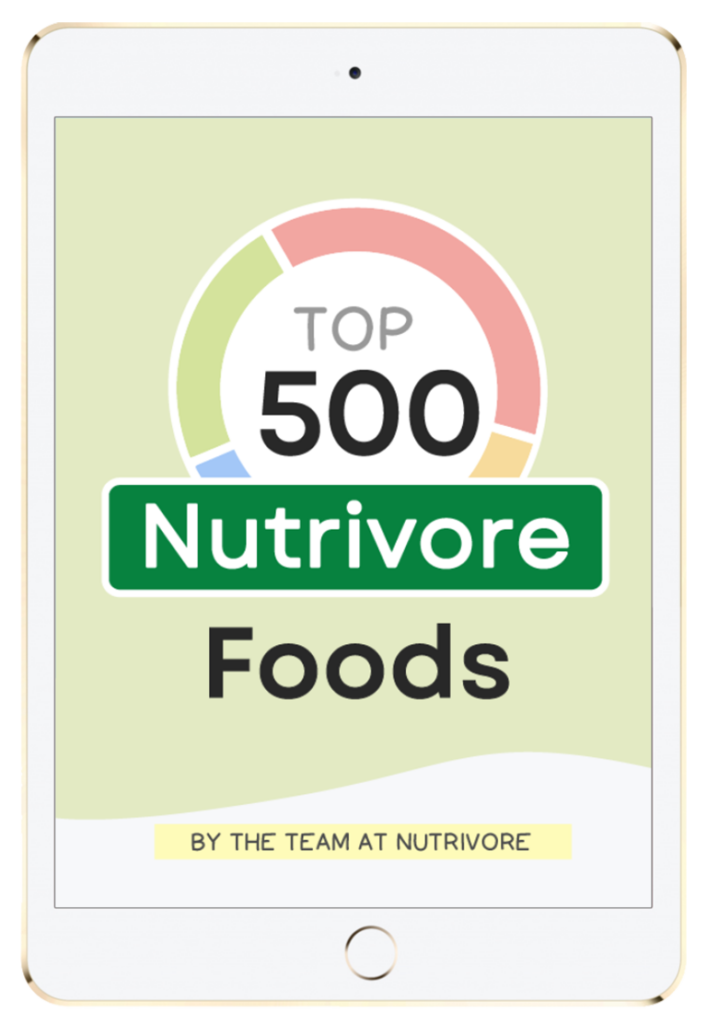
Top 500 Nutrivore Foods
The Top 500 Nutrivore Foods e-book is an amazing reference deck of the top 500 most nutrient-dense foods according to their Nutrivore Score. Think of it as the go-to resource for a super-nerd, to learn more and better understand which foods stand out, and why!
If you are looking for a quick-reference guide to help enhance your diet with nutrients, and dive into the details of your favorite foods, this book is your one-stop-shop!
Buy now for instant digital access.
How Much Nori Should We Eat Per Day?
Sea vegetables are nutritional powerhouses full of health-promoting compounds – in fact they are one of the most unique and nutritious foods on the planet!
Sea vegetables are especially valuable for their unique fiber types (like fucoidans, laminarins, alginates), carotenoids (like fucoxanthin, astaxanthin) and ultra-trace minerals (like vanadium). And, it doesn’t take much to deliver a measurable health benefit! A 2020 study showed that eating seaweed almost every day reduced risk of cardiovascular disease by 21% in men and a 20% in women, compared to never eating seaweed. A 2021 study showed that eating more sea vegetables per day reduced risk of all-cause mortality by 6% (the median intake was 6.6. grams daily for males and 9 grams daily for females).
A serving of fresh or rehydrated seaweed is 1-cup (about 15 grams), whereas a serving is 5 grams for dried sea vegetables and 3 grams for sheets (like nori wraps). Some sea vegetables can have very high iodine content (especially kelp like kombu), so it’s worth making sure you don’t exceed the tolerable upper limit of iodine by overdoing sea vegetables. If you stick with lower iodine content sea vegetables like nori and wakame, a serving or two per day, generally won’t exceed the tolerable upper limit of iodine. Learn more about iodine here.
It’s always best to mix up the veggies you eat day to day (aiming for a wide variety of different vegetables and fruits throughout the week), and nori definitely has a place at the table.
Easily track your servings of Nutrivore Foundational Foods!
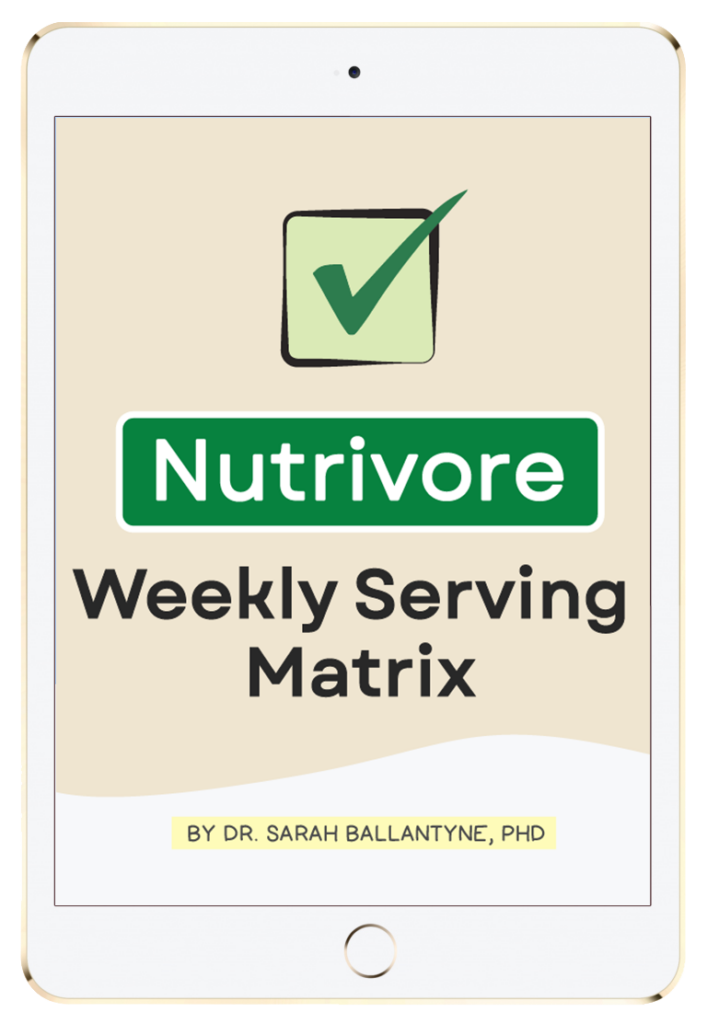
The Nutrivore Weekly Serving Matrix
The Nutrivore Weekly Serving Matrix digital resource is an easy-to-use and flexible weekly checklist designed to help you maximize nutrient-density and meet serving suggestions of Nutrivore foundational foods, all without having to weigh or measure your foods!
Includes a 22-page instructional guide and downloadable interactive guides.
Buy now for instant digital access.
cITATIONS
Expand to see all scientific references for this article.
Fineli Finnish Food Composition Database: Seaweed, Nori, Dried
Santoso J, Yoshie Y, Suzuki T. Polyphenolic compounds from seaweeds: Distribution and their antioxidative effect. Developments in Food Science. 2004. Vol 42: 169-177. https://doi.org/10.1016/S0167-4501(04)80019-0
USDA Food Central Database: Seaweed, laver, raw
Watanabe T, Kioka M, Fukushima A, Morimoto M, Sawamura H. Biotin content table of select foods and biotin intake in Japanese. Int J Anal Bio-Sci. 2014. Vol 2(4):109-125.


